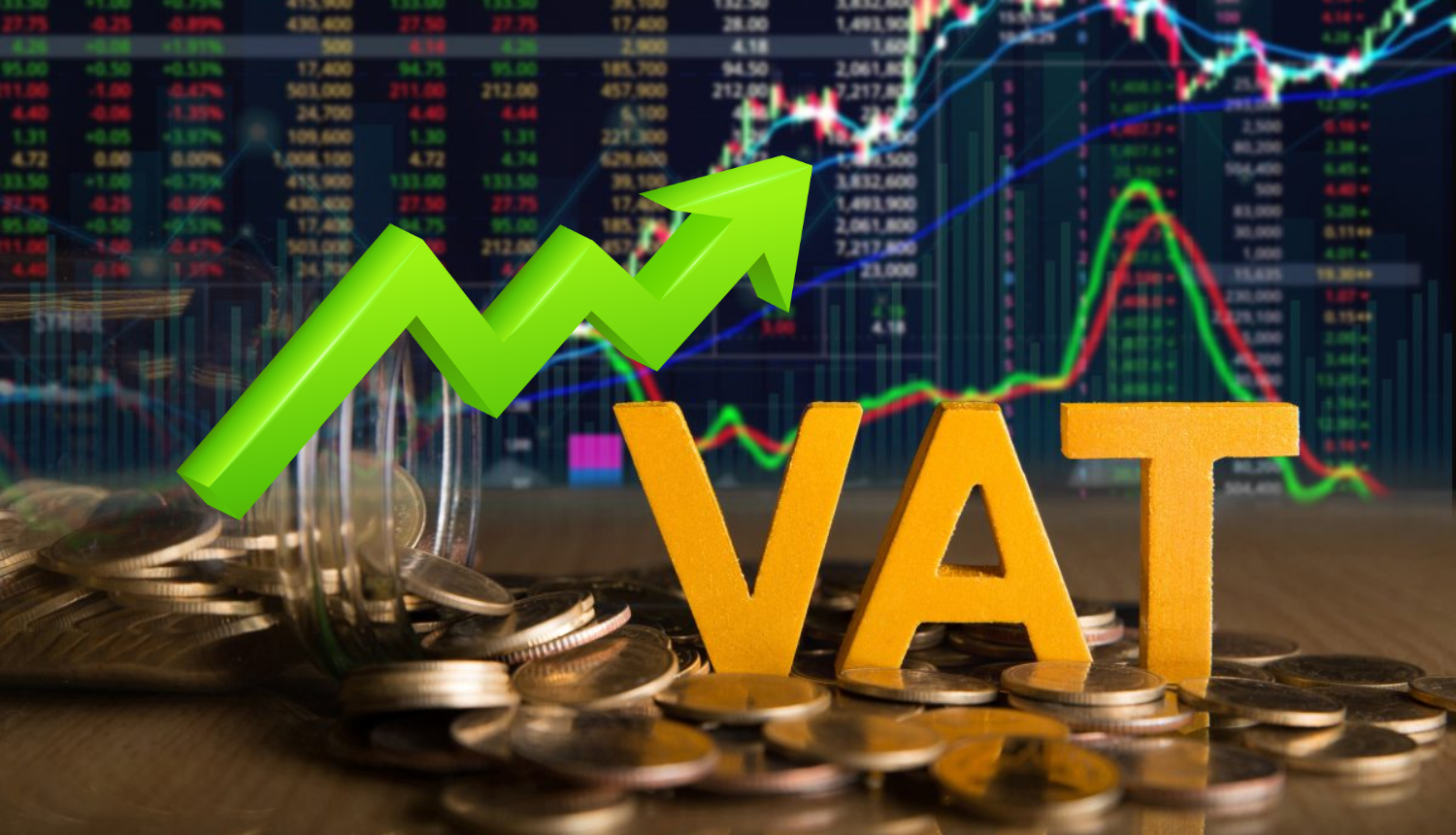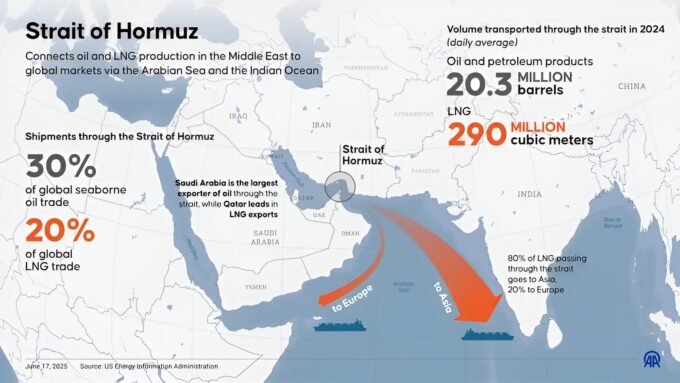In a surprising move, the National Board of Revenue (NBR) has implemented a significant hike in value-added tax (VAT) and supplementary duty (SD) on nearly 100 goods and services, effective immediately. The decision, announced yesterday, comes despite widespread concerns over its potential to accelerate inflation and dampen economic growth reportedly.
This mid-year tax hike is unprecedented, echoing the discontent of many. While Finance Adviser Salehuddin Ahmed reassured earlier this month that the impact on inflation would be minimal, the reality appears starkly different. The new rates cover everyday essentials, including mobile phone and internet services, LP gas, clothes, and even spectacles.
From today, consumers will pay up to 15% VAT on an extensive range of products and services previously taxed as low as 5%. Items affected include restaurant bills, biscuits, cakes, pickles, toilet paper, towels, motor workshops, non-AC hotels, sweets, and tailoring services. Industrial goods like electric transformers and steel products have also seen VAT surge from 5% to 15%.
Read more: NBR Uncovers Tk380cr VAT Evasion by BAT Bangladesh Over Four Years
The VAT on medicines has risen to 7.5% from 5% at the trading stage, while services like cinema tickets, repair work, and cleaning have jumped to 15% from 10%.
Mobile phone users now face a staggering 42.45% combined SD, VAT, and surcharge on usage, up from 39%. Similarly, broadband internet users will see higher bills as SD on the service increases to 10%.
Travel costs are set to soar, with excise duties on domestic and international flights seeing significant hikes. Domestic tickets now carry Tk 700 in excise duty, up from Tk 500, while tickets to Europe and America incur Tk 4,000, compared to Tk 3,000 earlier.
The cost of imported fruits such as grapes, apples, and melons has risen sharply, with SD increased to 30% from 20%. Juices and flavored drinks will also become pricier as SD climbs by up to 30%.
The hike goes beyond consumer goods. Businesses face new challenges as the annual turnover limit for VAT registration drops drastically from Tk 3 crore to Tk 50 lakh. This change will pull a large number of smaller firms into the VAT net, increasing compliance burdens and costs for entrepreneurs.
The decision follows a 2.62% dip in revenue collection during the first five months of the fiscal year. With Bangladesh struggling with one of the world’s lowest tax-to-GDP ratios, the International Monetary Fund has pressed for tax reforms to boost domestic revenue.
It is expressed in way that the government had little choice, as with fiscal space critically constrained and borrowing costs high due to rising interest rates, the indirect tax hike became inevitable.
With over one-third of government revenue already allocated to interest payments, the new measures aim to plug the growing fiscal gap. However, consumers and businesses now brace for higher costs across the board, a reality likely to weigh heavily on everyday life and economic momentum.
For more updates, be with Markedium.













































Leave a comment